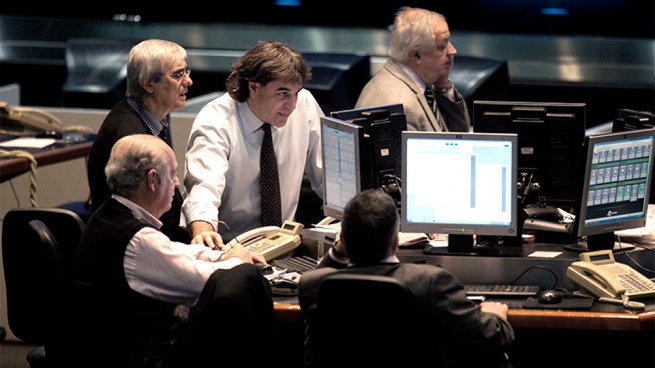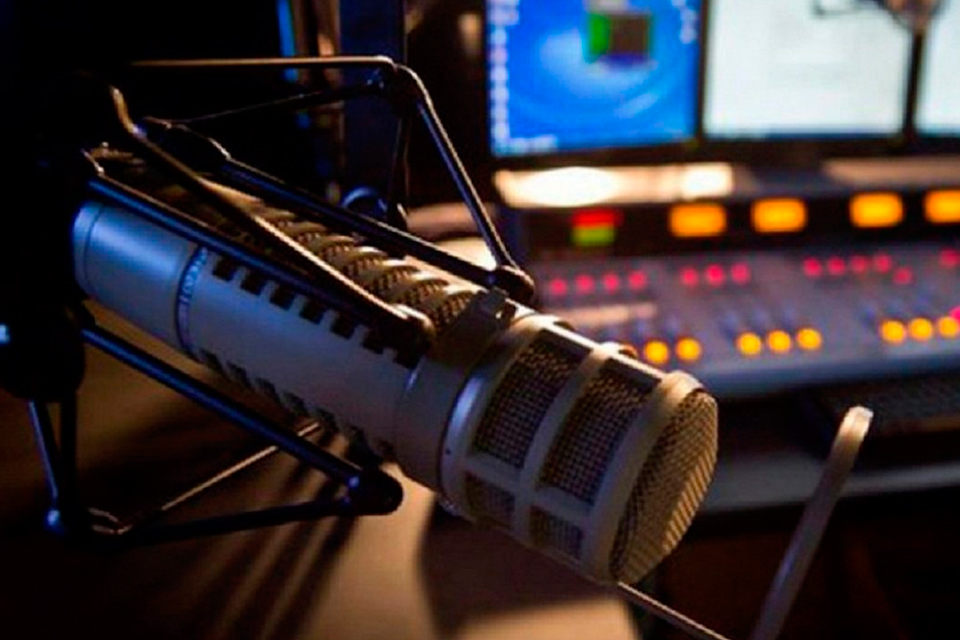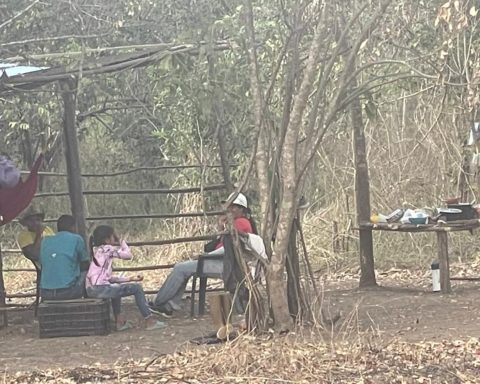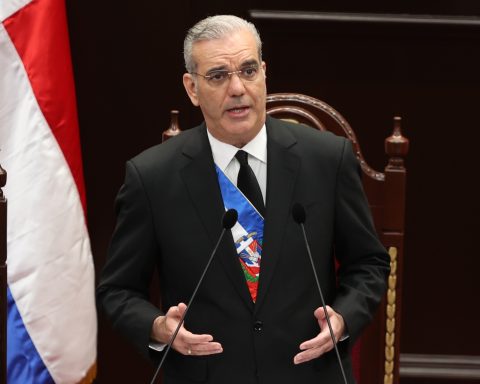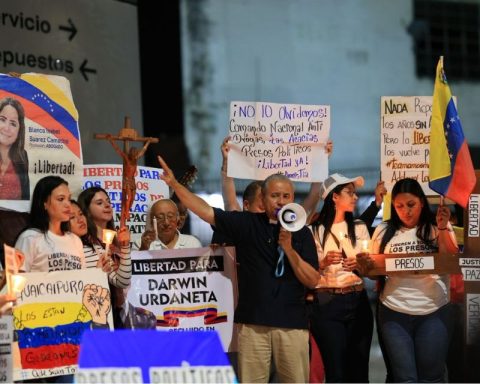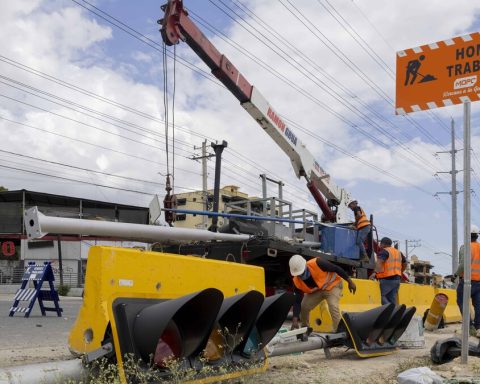Dollar bonds closed July with gains of up to 7%, while Argentine stocks on Wall Street ended up more than 37%; the country risk fell 5.6%; stock dollars traded sharply lower and in the informal market the “blue” fell $18 to $296.
Analysts consulted by Télam pointed out that the appointment of Sergio Massa at the head of the Palacio de Hacienda served as a boost or “driver” so that the markets began to buy Argentine assets.
markets
In the variable income segment, the Buenos Aires stock market closed with a fall of 3.82%, but in the month it left a rise of 38.53%.
In the Buenos Aires square, the day’s losses of the firms that make up the leading panel were led by Pampa Energía (-7.01%); Central Port (-6.31%); South Gas Carrier (-6.26%); Cresud (-6.23%); and Grupo Supervielle (-5.86%); the only rise in the wheel was recorded by Edenor (4.19%).
In the month accumulated, the shares of the leading panel that showed the best performance were Aluar (67.5%); Edenor (65.5%); Central Port (51.9%); and Grupo Financiero Valores (49.2%).
on wall street, the papers of Argentine firms closed today with the majority of increases led by Edenor (7%); YPF (6.9%); Black Hill (6.5%); Galicia Financial Group (5.6%); and French Bank (5.3%).
In the July balance, the ADRs that marked the best results were Edenor, with an accumulated rise of 37.4%; followed by Mercadolibre (27.8%); Central Port (26.7%); and Banco Supervielle (25.7%).
In the fixed income segment, bonds in dollars ended today with increases of US$ 1 on average throughout the curve and in the month they accumulated increases of up to 7%, while titles in pesos left gains of 1% on average in the entire curve and in July they advanced 25% on average.
In this frame, country risk fell 5.6% up to 2,395 basis points.
Foreign exchange
In the foreign exchange market, the price of the official dollar closed today at $137.93 on average, with which it accumulated an increase of $7.49 cents throughout July, equivalent to a rise of 5.74% compared to the previous month.
In the stock market, the dollar counted with liquidation (CCL) traded with a loss of 10.4%, to $288.28 and the MEP registered a fall of 8.1%, to $276.60.

Meanwhile, in the informal segment, the so-called “blue” dollar fell $18 to $296 per unitwhich in the last 30 days recorded an increase of $58.
In the wholesale market, the price of the US currency marked a rise of 15 cents compared to its last settlement, at $131.27, while in July it accumulated an increase of $6.04 (4.82%).
Thus, the dollar with the 30% surcharge -considered in the Country tax-, marked an average of $179.31 per unit; and with the advance payment on account of the Income Tax of 35% on the purchase of foreign currency, the average value was $227.58.
Meanwhile, the dollar allocated to tourism abroad -and which has an aliquot of 45%- stood at $241.38.
Consulted by Télam about the increase in the price of Argentine equity, Ignatius Niechowski, manager of Research for Investing in the Stock Exchange (IEB), pointed out that the rise responds fundamentally to a combination of internal and external events.
For Niechowski, on the domestic front, Massa’s designation as economy “super minister” brings a little calm to a market that did not show clear signs of direction from the ruling coalition.
“It was clear that the dynamics that the market took after the appointment of Silvina Batakis was not positive, nor were any of the measures taken. They failed to generate confidence,” Niechowski observed.
For the IEB Research Manager, Massa’s appointment rearranges the local climate a bit and joins Argentina to an international market in which emerging currencies have appreciated 4% on average in recent days.
With a more measured look, Diego Martinez Burzacohead of Research and Strategy at Inviu, stated that before Massa’s announcement, an overreaction of the exchange rate was observed, where pessimism increased in the markets due to the absence of measures and lack of credibility regarding Batakis in the face of an evident lack of political support. .
“Massa’s appointment represents that orthodox measures can come; in this sense, in the tenders the BCRA raised the interest rate and that, added to rumors that are circulating, allowed to decompress this skepticism.”
However, Martínez Burzaco pointed out that the initiatives that Massa must take are “hard” in terms of fiscal orthodoxy and adjustment, so “it remains to be seen if he has the support to carry it forward, in a context of serious losses of international reserves. by the BCRA”.
Along the same lines, Mauro Mazza, portfolio manager of Bull Market Brokers, pointed out that we are in the presence of a market that buys expectations, but “is not paying for the facts.”
“At this time we continue with conservative strategies, do not risk too much, still make announcements,” said the economist, although he assured that Argentine assets are projected to be interesting, but “we do not buy the over-expectations, we must wait a little longer.”
